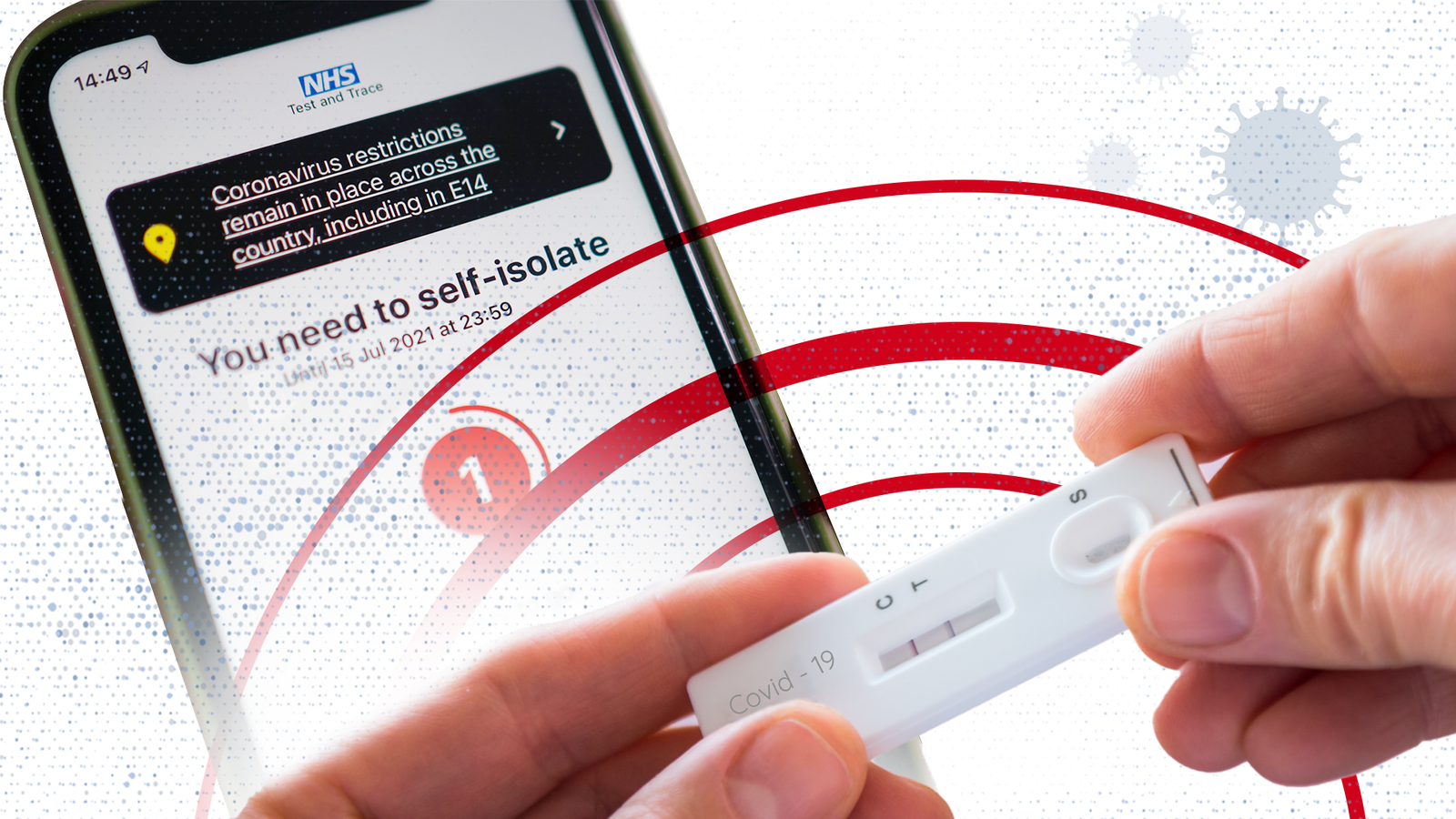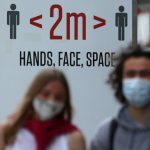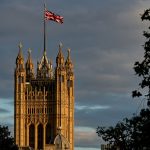The legal requirement for people who test positive for coronavirus to self-isolate will be removed from Thursday and free symptomatic and asymptomatic testing will end in England from 1 April, the PM has announced.
Boris Johnson confirmed the move as he unveiled his government’s plan for “living with COVID” in the Commons.
Vaccinated contacts of positive cases will no longer be asked to test for seven days and there will no longer be a legal requirement for close contacts who are not vaccinated to self-isolate.
Contact tracing will also come to an end.
However, those who test positive for the virus will still be encouraged to follow the guidance to stay at home.
A month later, on 24 March, the government will remove the COVID provisions attached to statutory sick pay.
Live COVID updates as fourth jab to be offered to over 75s, care home residents and the vulnerable
Boris Johnson making announcement in Commons today on plan for ‘living with COVID’ before Downing Street update at 7pm
Downing Street parties: Boris Johnson should not resign if police find he broke COVID rules, minister says
Ukraine crisis: Russian invasion of Ukraine ‘very, very likely and very, very imminent’, minister warns
Adults and children who test positive will still be advised to self-isolate but the legal requirement will be removed
After 1 April, free testing and interventions will be targeted at the most vulnerable.
Government officials said they did not believe the cost of lateral flow tests for domestic use would rise to the price levels seen for tests related to travel.
The officials said it will be for providers to assess the market, but that they expected the cost of a box of 7 lateral flow tests to settle at around £20.
From the same date, the use of voluntarily COVID status certification will also no longer be recommended.
The changes will be subject to approval by Parliament.
Outlining his plan for “living with COVID”, the PM said the country is now in a position to move from “government restrictions to personal responsibility”.
“Before we begin I know the whole House will join me in sending our best wishes to Her Majesty the Queen for a full and swift recovery. It is a reminder that this virus has not gone away,” the prime minister told the Commons.
“But because of the efforts we have made as a country over the past two years, we can now deal with it in a very different way, moving from government restrictions to personal responsibility, so we protect ourselves without losing our abilities and maintaining our contingent capabilities so we can respond rapidly to any new variant.”
He added that ministers and scientific experts will continue to “track the virus in granular detail”, including through the Office for National Statistics (ONS) survey.
The PM continued: “Until 1 April we will still advise people who test positive to stay at home but after that we will encourage people with COVID-19 symptoms to exercise personal responsibility, just as we encourage people who may have flu to be considerate to others.”
On the end of universal free testing, the prime minister told MPs that the “biggest testing programme per person of any large country in the world” came “at vast cost”.
Mr Johnson added that it is “only because levels of immunity are so high” that the remaining restrictions can be lifted.
But Labour leader Sir Keir Starmer asked for assurances that research by the ONS will continue to be funded and called for the government to publish the scientific evidence behind its decision to scrap the legal requirement for people to self-isolate later this week.
The announcement comes after a cabinet meeting to sign off the PM’s strategy finally took place earlier today after being pushed back due to a row over free testing.
Number 10 confirmed earlier that the gathering had been pushed back, with ministers having convened later on Monday afternoon to agree the plan.
A Number 10 spokesman said: “Cabinet gave unanimous backing to the living with COVID strategy.”
Meanwhile, Health Secretary Sajid Javid has announced that an additional booster vaccine will be offered to people in certain groups from the spring, following the successful campaign.
This will be the second booster vaccine offered, and the fourth total jab – and will be offered to over-75s, residents in care homes for older adults and people aged over 12 who are immunosuppressed.






















